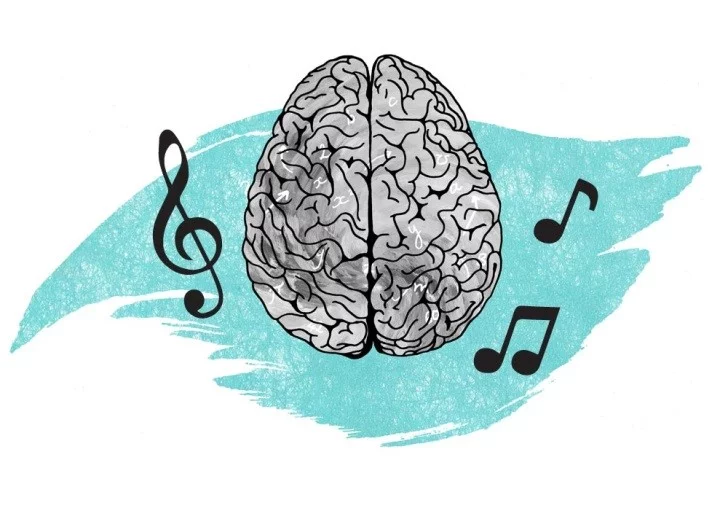Music is a universal language that has the power to deeply affect our emotions. Since ancient times, music has been used as a form of expression and as a tool to influence our mood. In this article, we will explore how music can affect our emotions and provide examples of music genres that are associated with different moods. The connection between music and emotions is undeniable. When we listen to music, areas of the brain related to emotions, such as the amygdala and the limbic system, are activated. This means that music can evoke emotional responses and provoke changes in our mood. Some music genres are commonly associated with certain moods. For example, classical music, with its calm rhythm and soft melodies, tends to induce a sense of tranquility and relaxation. That’s why it is often used in relaxation therapies and meditation. On the other hand, rock music and heavy metal have an energetic and powerful rhythm that can increase energy and emotion. These genres are often associated with more intense moods such as happiness, excitement, or even anger. Pop music, with its catchy rhythm and cheerful lyrics, tends to evoke positive and lively emotions. It is common to hear pop music at parties or celebrations, as it can create a festive and joyful atmosphere. Sad music, such as ballads or blues, can evoke melancholic and nostalgic emotions. These genres are often used as a way to express and process difficult emotions, as they can help us connect with our own emotional experiences. It is important to note that the influence of music on our emotions can vary from person to person. Each individual has their own preferences and personal experiences that can affect how they emotionally respond to music.
Categories:
The influence of music on our emotions
Iker Andueza, Reporter
October 30, 2023
1
0






Trista Osgood • Nov 3, 2023 at 11:21 am
Great work! Love the research!